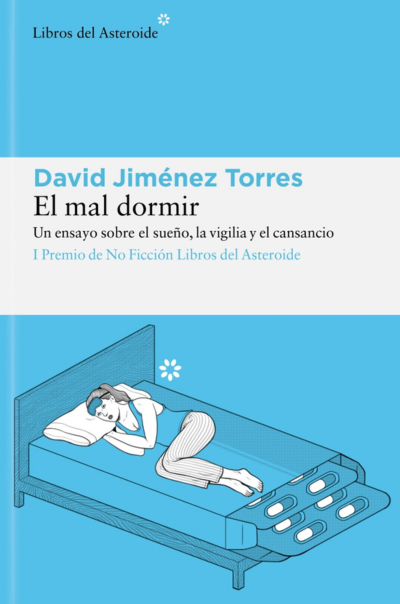In recent weeks, a march of retired people, all pensioners, has left from different parts of the country for the same destination: the Congress of Deputies in Madrid. The purpose of this march was to demand from the Spanish Government in office an increase in pensions; that they be revalued according to the evolution of the CPI. This request, which has been made for months, has been reinforced with the arrival of the elections, with the prospect of obtaining a response before going to the polls.
When we talk about pensioners, we don’t mind just any group. Although its members seem to lack influence because they are outside the labour market, they have an electoral strength that no other group in the country can match. They account for a large share of votes: 35% of the electorate. The price that would be paid by the political party that didn’t include this revaluation among its proposal would be high.
Therefore, the issue of pensions is therefore a real headache for the parties. For years without any comprehensive reform, it has given in to pressure from the collective not to give up that percentage of votes. This has meant that the pensions system now represents a real problem for public accounts, given the high deficit of the current welfare state.
According to the data, the pension deficit is equivalent to 2.24% of GDP, or nearly EUR 20 billion. The pension system in this country, apart from a money box that is already empty, is therefore completely in deficit and places a heavy burden on very tight budgets. But it’s not all there. If we look at the demographic projections, some of which show the birth rate at levels of the 1940s and the retirement of the baby boomers, we can predict that this deficit, in the peak year of retirement of this group, will reach 60,000 million euros, with which the payment of pensions will represent 12% of the country’s GDP. We are therefore facing a serious threat, which requires urgent reforms.
According to the Bank of Spain, According to the Bank of Spain, as well as institutions of the stature of BBVA Research, by 2050 the dependency ratio, the dependency ratio, it is the ratio of contributors to pensioners, is expected to reach parity. In other words, for every contributor there will be a pensioner who will have to be paid for. This, coupled with the high replacement rate of spanish pensioners, as well as the high unemployment rates and precarious employment, is more than unsustainable without immediate action.
Pensioners request mortgage future generations for a revaluation of 11 euros
In a bankrupt system there are only two options. The first would be a cut of pensions, thus reducing the replacement rate. The second would lead to a greater tax burden to taxpayers, which would suffocate the country’s working citizens.
As we can see, neither of the two can favour all the groups simultaneously. However, what pensioners have asked the Spanish government for is a higher tax burden with which to pay for pensions, as well as an increase in debt levels.Therefore, by waiting to charge more, they are asking, on the one hand, to mortgage future generations, who, of course, are not to blame for the fact that the system is in deficit; and, on the other hand, taxing a society that, now more than ever, needs to make his economy more dynamic, given the scenario that is being presented.






